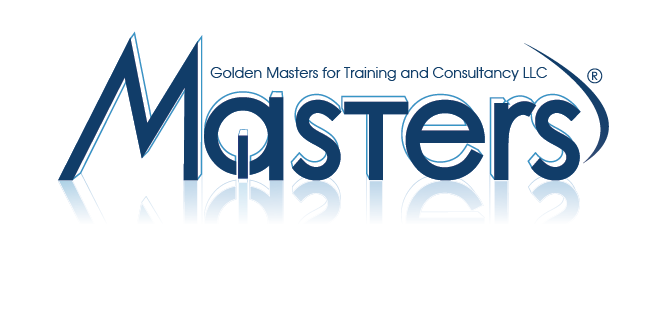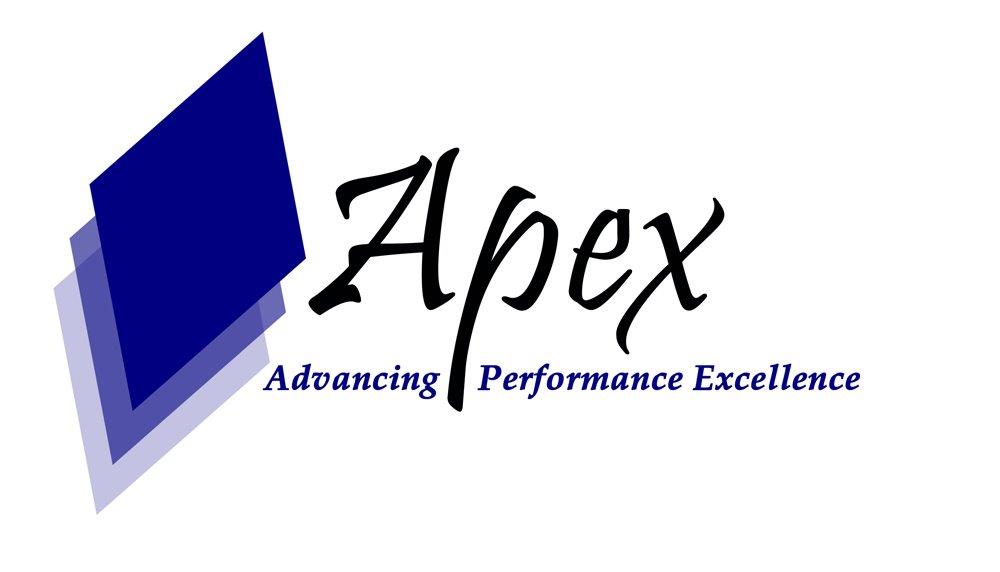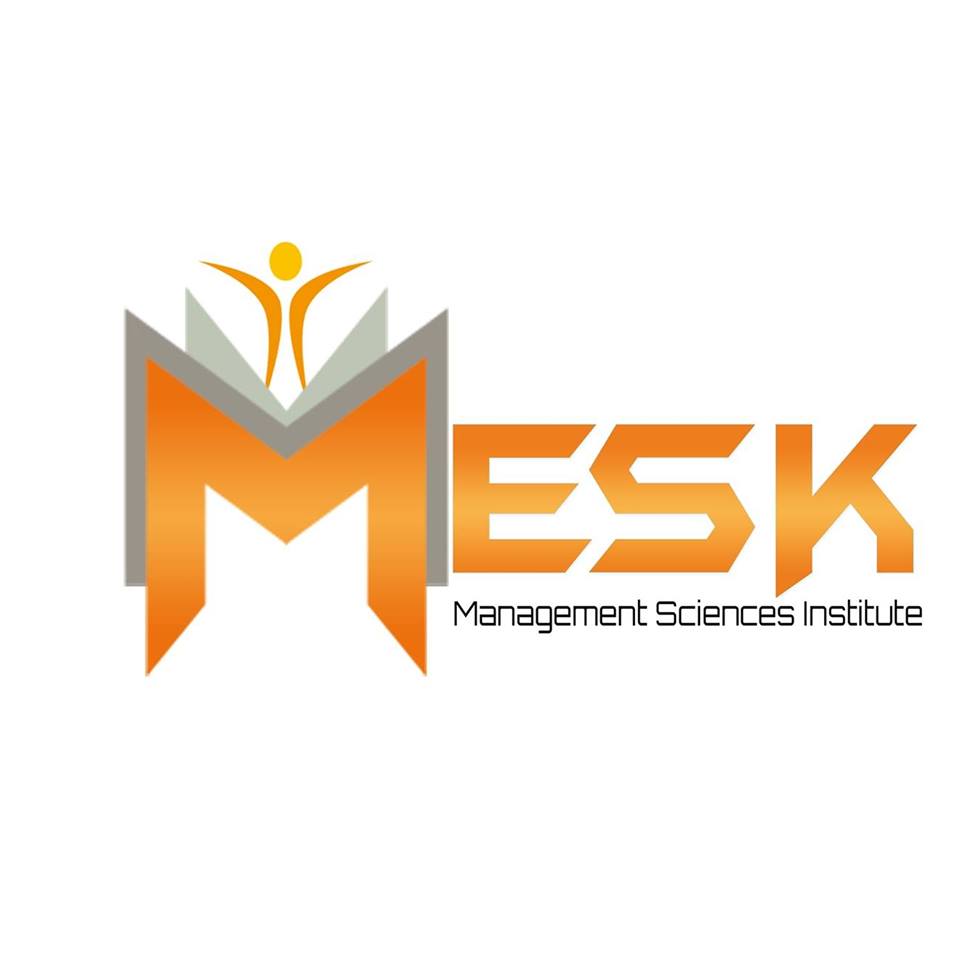This program is intended for those who use or supervise activities related to metal parts or structures. Supervisors, engineers, planners, inspectors, designers, researchers, investors or procurers with little or no knowledge of the practica

Course Description:
This program will provide an integrated practical overview of metals and alloys and relating it to the mechanical and physical characteristics of metals; starting from materials testing and physical/mechanical properties, through corrosion properties and strength/deformation principals, and to ferrous and non ferrous alloys and heat treatment.
The course will then include ferrous alloys (plain and alloy steels, Stainless steels and cast irons) and non ferrous alloys (for corrosion and high temperature applications, such as nickel, cobalt and titanium based alloys). The nature of hot and cold working of metals and heat treatment, including annealing, normalising, tempering and case hardening will be explained.
The fundamentals of corrosion and corrosion prevention will also be presented in practical terms with examples to illustrate the key points.
The behavior of metals under various loading conditions (static, dynamic, fracture) will be presented and related to design methodology and procedures; rules of thumb, standards, and best industry practices.
Each of the major topics will be presented as individual units, and in the context of the overall usage of metal components and structures and failure mechanisms, and mechanical integrity. Course Objective
Upon completion of this course, participants will have gained an understanding of the important principals of engineering involving properties and characteristics of metals and alloys, including fabrication and heat treatment of commercial steels and non-ferrous alloys.
Participants will acquire sufficient knowledge and skills to independently evaluate possible metallurgical and design solutions, to recognize crucial metallurgical phenomena and intelligently discuss their metal problems with design engineers, metallurgists and fabricators.
Delegates will enhance their competencies in the following areas:
- Understand the fundamental bases of mechanical testing
- Compare mechanical properties of metals for selection purposes
- Gain an understanding of the nature of metallic bonds and crystal structures of metals
- Understand the solidification process of pure metals
- Learn of examples of probable defects that may occur within the solidified structure of a metal
- Gain a basic understanding of the way metal specimens are prepared prior to microscopic examination
- Understand the use of microscopes for metallurgical examination
- Understand the phenomenon of dislocations; one of the most fundamental properties, related to the strength of metals
- Gain knowledge in controlling the strength of metals by controlling the movement of dislocations
- Gain initial knowledge of softening metals by the application of heat (annealing)
- Understand temperature/time cooling curves of pure substances
- Gain knowledge of thermal equilibrium diagrams (phase diagrams) and related microstructures of selected types of metal alloys
- Gain an understanding of the nature, properties , classifications and uses of a variety of ferrous alloys
- Understand fundamental hardening, softening and grain control processes related to steel
- Understand additional processes such as surface hardening of steel
- Gain knowledge of related topics related to the heat affected zone (HAZ)
- Gain knowledge of additional special application non-ferrous alloys, for corrosion and high temperature applications, such as nickel based, cobalt based and titanium based alloys
- Understand basic metal fabrication techniques
- Gain an fundamental understanding of the nature and types of corrosion
- Learn about various methods of protection against corrosion
Course Certificate:
Masters Consultant certificate will be issued to all attendees completing minimum of 75% of the total tuition hours of the course.
Who Should attend?
This program is intended for those who use or supervise activities requiring the use of metal parts or structures. Those with little or no prior formal background who functions as supervisors, engineers, planners, inspectors, designers, researchers, investors or procurers, and who seek a basic understanding of the practical aspects of metallurgy should find this course valuable.
Course Outline
DAY 1 Testing and Mechanical Properties of Metals
- Tensile tests Impact tests
- Hardness tests
- Compression of mechanical properties
- The Crystalline Structure of Metals Bonding in metals
- Solidification crystal growth and structures of metals
- Defects in metals during solidification
DAY 2 Specimen Preparation and Microscopic Examination
- The preparation (Mounting Grinding, Polishing and Etching) of metal specimens
- Metallurgical and Electron Microscopes Dislocations and Strengthening Mechanisms in Metals
- Edge Dislocation (line imperfections) in crystals
- Strengthening of metals by Grain Size Reduction, Solid Solution and Strain Hardening
- Softening of metals by annealing
- Comparison of Cold and Hot working of Metals
DAY 3 Binary Equilibrium Diagrams Solubility and cooling curves
- Thermal Equilibrium Diagrams (Eutectic Type, Solid Solution Type and Combination Type)
- Ferrous Alloys Definitions and classifications and some uses of ferrous alloys including; Carbon steels, Alloy steels and Stainless steels
- Cast irons Fabrication of Metals
- A selection of metal fabrication methods, including; Forming, Casting and Welding
DAY 4 Heat Treatment of Plain Carbon
- Steel Hardening of carbon steel (by quenching)
- Annealing Normalizing
- Tempering Austempering
- Surface treatments
- Heat affected zone (HAZ) in welding Non-Ferrous Alloys Nickel and cobalt
- Titanium alloys
DAY 5 Corrosion in Metals
- The electrochemical cell
- Types of electrochemical corrosion
- Pitting Crevice Stress corrosion Hydrogen induced, etc.
- Protection against Electrochemical Corrosion and Inspection Coatings
- Internal External Polymers Galvanizing, etc. Inhibitors, Types and usage
- Cathodic protection, Impressed current, Sacrificial Inspection Standards
Masters Training Company was established in response to the growing need for quality training to support the business community within your Company, Department or Organization by providing a high standard of Training Programs, Courses, Seminars, Workshops and Consultancy Services to employees in a very competitive business environment.
Masters is also an approved vendor from KHDA & ILM
(Institute Review)
55 years ago(Institute Review)
55 years ago
This course is designed to ensure awareness and an effective understanding of various phases of production operation fundamentals throughout understanding the functions of various oil field components, well to processing facilities.

'Fundamentals of Distillation for Engineers' training is offered by Mesk Management Sciences Institute. Kindly contact us to inquire and find out about the schedule and complete outline.

'Distillation Column Operation, Control & Troubleshooting' training is offered by Mesk Management Sciences Institute. Kindly contact us to inquire and find out about the schedule and complete outline.

'Polyethylene & Polypropylene Manufacturing & Process Troubleshooting' training is offered by Mesk Management Sciences Institute. Kindly contact us to inquire and find out about the schedule and complete outline.

'Polymer & Polymerization Technology' training is offered by Mesk Management Sciences Institute. Kindly contact us to inquire and find out about the schedule and complete outline.
© 2025 www.coursetakers.ae All Rights Reserved. Terms and Conditions of use | Privacy Policy